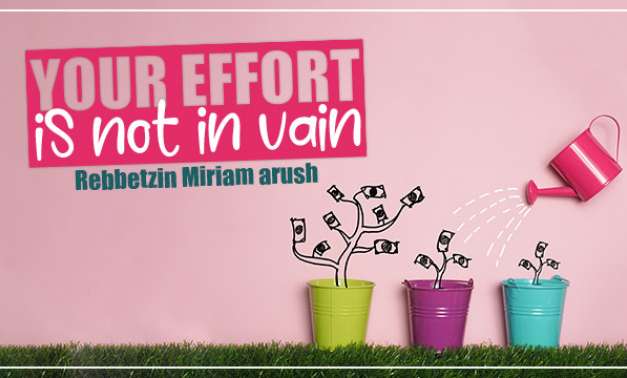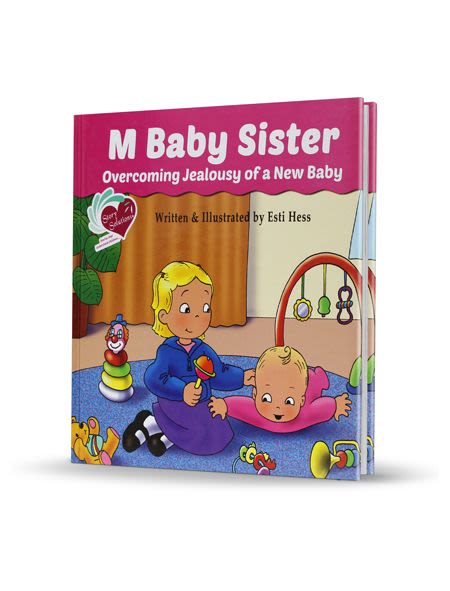
You are a Tzaddik!
Parents, everything begins with your belief in yourselves! Do not forget that you are tzaddikim and that Hashem loves you and is proud of you and appreciates you! This is what you should pass on to your children, thus giving them the ability to keep all the Torah and mitzvot and be good and truly succeed in life.

Translated from Rabbi Arush’s feature article in the weekly Chut shel Chessed newsletter. The articles focus on his main message: “Loving others as yourself” and emuna.
Grandfather, Who Are You?
“Today,” the principal decided, “I am going to try to speak to the grandfather and find out the story of the family.”
Every day, Ronen, the principal, would stand at the entrance to the school and greet the children and their accompanying parents with a smile and a “Good morning!”. He would complement them, laugh with them, make sure that they would enter the school in a good mood and… would pay attention to details. Often, giving the right kind of attention to a child at the beginning of the day could save a whole day for the entire class.
Among other things, Ronen noticed that one of the girls never came with her parents; rather, an older man would bring her to school – the grandfather, probably. Ronen made a note for himself to clarify the situation, and that day he decided he would invite the grandfather for a friendly chat in his office.
The grandfather agreed to come, and he told the principal the sad story of that girl. It turned out that the girl had no parents, and that she was being raised by her grandparents. “How do you make a living?” asked the principal, not knowing the amazing answer he would get.
Something about the personality of Ronen, the principal, made the grandfather trust him, and he said, simply, that to make enough money for his granddaughter and the family he had to steal.
Stealing With Chessed (Loving Kindness)
“Steal?!” The principal was shocked and went on to ask the grandfather how he does that. The grandfather revealed his “method” and told some stories about his “work”. Among other things, he told how he once broke into a house and was shocked by the terrible situation he encountered: the refrigerator was completely empty, and the poverty was evident everywhere. Feeling sorry for them, the grandfather left a sum of money there and departed without taking anything…
The principal was so impressed with the story that he exclaimed, “What a tzaddik you are!” The thieving grandfather was touched by this, and he told the principal that the children of that family learn in Ronen’s school, and he asked him to be considerate with them regarding various payments and the expenses of trips and activities; the principal promised that he would do so.
At the end of the meeting, they went their different ways, thinking different thoughts…
Two weeks later, it was the grandfather who asked to speak to the principal. The principal welcomed him willingly. “You don’t understand what has happened to me since we last spoke,” said the grandfather. “I can’t steal!” Seeing the puzzled look on the principal’s face, he explained. “For two weeks I have not stolen. Since you told me that I am a tzaddik, every time I want to go out and steal, I simply can’t. I see your words in front of my eyes, and I think to myself, ‘How can I steal?’, and in the end I change my mind and stay home!”
Ronen was deeply moved. After that conversation he pulled some strings in the municipality and that very week arranged for the grandfather a proper and respectable job with a sufficient salary for the family, allowing the grandfather to “retire” from his previous “job”.
Education at Any Age
But what the principal really gained from all this was priceless. He received – and we are all receiving here – an amazing lesson in education that is suitable for every age group: Good words do wonders! Trusting our children truly and telling them how good and righteous they are – that is the crown of education!
And it is not just a lesson in education, but a lesson in shalom bayit (peace in the home) and interpersonal relationships as well. Truly trust your wife and tell her how much you depend on her; see the good in your husband and tell him how much you appreciate him – and that will work a thousand-fold more than criticism and belittling.
It’s true for a person regarding himself as well: Believe in yourself, trust the good that is in you – that is the true key to success. And that is the reason that the song, “Hashem loves me” is so successful, because we all need to hear that Hashem loves us and appreciates us – it is as crucial as breathing.
Rabbi Nachman says that someone who just smiles at the people around him is giving them life; sometimes it can literally save a person’s life! Also – every word of yours has tremendous weight and influence. You can give the people around you strength and joy and life and belief in themselves. You can raise them up from whatever low place they have fallen into and help them to really become better – just by saying one good word to them.
This is all a Child Needs
Look at your children: Their future is in your hands, and mainly in your heart and mouth! Don’t you want them to succeed and have everything good in the world? Of course! But sometimes you want them to have a good life so badly, that you don’t notice that you are harming them – making unfavorable comments, criticizing them, destroying their self-confidence…
You think you are “educating” them, and seemingly want them to improve themselves, but it is quite possible that with your words you are doing the exact opposite and closing the gates of success to them.
Look at the amazing story of the principal Ronen. Remember what Rabbi Nachman says – that by seeing only the good and not the bad, searching for and finding goodness and merit in every person and praising and raising him – you are causing him to do teshuva (repent)! You are causing a bad person to turn into a good one!
Remember well that the child is looking to you, father or mother. He sees you as the absolute source of authority. He is longing for you to look him in the eye with love. See how good he is, how much light he has in him; he wants you to trust him, to tell him that you love him unconditionally, regardless of the situation, tell him how good he is and what a tzaddik he is.
Deep in his soul, he doesn’t need anything else!
If you trust him, and encourage him in a real way, you have given him everything!
Sermons and rousing speeches don’t come close to the power of a good, encouraging word. This is the true wonder-drug. And if you do this consistently for years, you will be building strong, mentally healthy children, who possess the ability to choose the good and do much good in the world. Indeed, it will be much easier for them to choose good, through their free will.
It’s Not a Law – It’s Sweet
This is hinted to in the first Rashi on the parasha: “These are the laws you shall set before them.”1 “Set before them” sounds more like food and not laws and mitzvot. What does it mean, “set before them”?
Rashi explains and says an amazing thing: “The Holy One, Blessed Be He, said to Moshe: don’t think, I shall teach them a section of the Torah or a single halacha twice or three times until they know the text verbatim, but I shall not take the trouble to make them understand the reason of each thing and its significance; that’s why it says, ‘that you will set before them.’ – like a set table, ready with food for the person to eat.”
If you say to a child: “Sit nicely, don’t be cheeky,” even if you say it a thousand times, he will have a very hard choice to make; but if you seat him next to a table full of goodies, you don’t have to threaten him or say anything – he himself will want to eat and enjoy the good food.
So, don’t just say to a child, “This is forbidden,” “You must do this” etc.; that is not enough. Make sure he has the emotional energy to choose the good, that the Torah and mitzvot will be like a set table in front of him; that he will refrain from doing wrong not only because it is forbidden, but because he cannot do anything wrong; and he will do the good not because he is obligated to do so, but because he will enjoy doing it, and that is all he will want. Only that can be considered successful education.
We must want to make the Torah and mitzvot accessible to our children, like good food placed on a set table – sweeten the laws of life for them, make Torah and mitzvot appetizing for them, together with the good middot (character traits) and proper behavior. This cannot be accomplished by negative comments and orders – but only by believing in the good that is within these children and giving them many, many good words and encouragement!
And now a last, personal note to the dear parents: Everything begins with your belief in yourselves! Do not forget that you are tzaddikim and that Hashem loves you and is proud of you and appreciates you, and that is what you should pass on to your children, thus giving them the ability to keep all the Torah and mitzvot and be good and truly succeed in life.
Editor’s Notes:
1 Shemot (Exodus) 21:1










Tell us what you think!
Thank you for your comment!
It will be published after approval by the Editor.